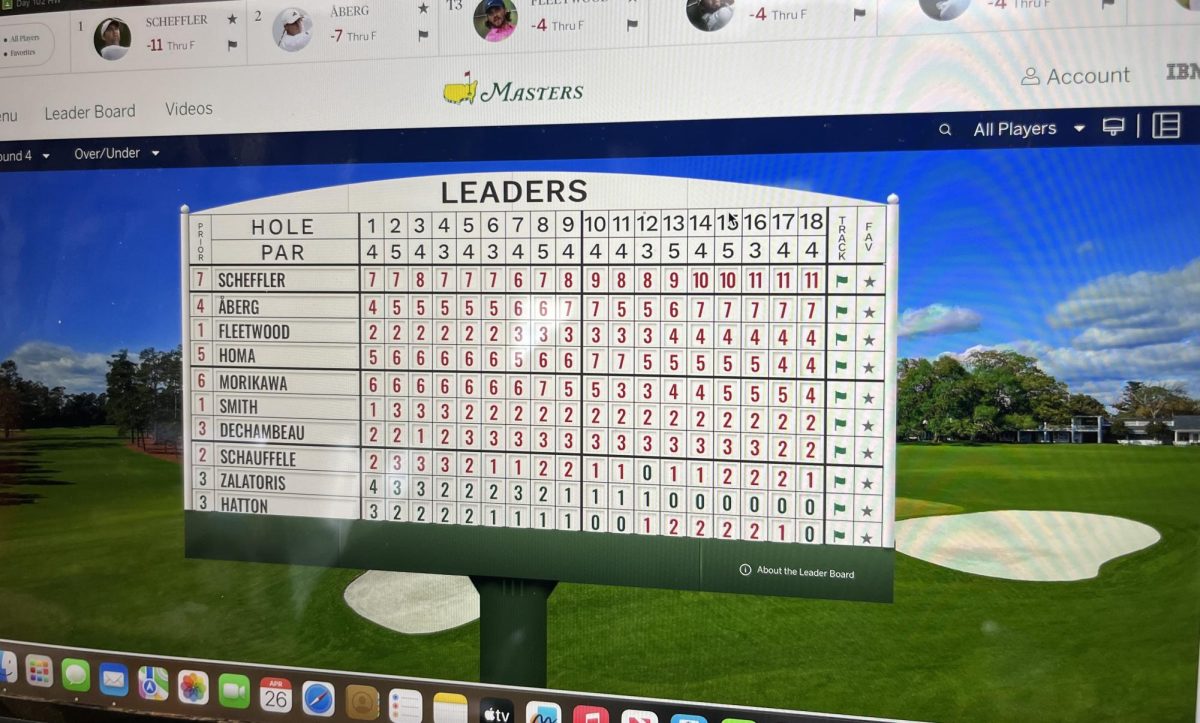Distance Learning, as a result of COVID-19, is the new normal for education, compared to the normal, classroom-oriented system. In these difficult times, students must focus on schoolwork and not falling behind. Some confused students and parents alike did not understand the Distance Learning Plan after the original two-week session ended, so Dr. Neigel made clarifications and updates in a letter on April 2nd.
The importance of this letter is that it is a statement of the beginning and operation of the “second phase” of the plan, which followed Spring Break. In contrast, the “first phase” – the two-week stretch when distance Learning was implemented – as stated in the letter, the plan was to “continue instruction through spring break by reviewing content but not assigning students grades.” Neigel goes on to write that, in the second phase, grading will differ.
Neigel states that teachers’ new learning plans consist of only necessary information for the remainder of students’ academic careers. The principal believes the “goal is to ensure that major curricular concepts… [from] current courses are taught and assessed by teachers. Teachers are also thinking about what concepts students will need to understand as they move on to the next course in an academic sequence.”
The updated Distance Learning Plan states that the 3rd and 4th marking periods will be combined into “one semester (S3), which will be worth 45% of the final grade.” The announcement regarding the three-semester school year was immediately followed by Neigel writing that End-of-year finals are only a possibility. He writes, “A decision has not yet been made regarding whether or not to administer final exams…” but students and parents will be updated regularly.
Neigel makes a point by instructing teachers to not grade all assignments from the three weeks prior to the letter (most of March), but that those assignments may be used to aid students on upcoming cumulative tests/quizzes.
Dr. Neigel said, “Teachers have… been instructed not to go back and grade assignments from the last three weeks. Teachers have also been told that the work students have done in the last three weeks may be used to assist students in upcoming summative assessments. It is important that students are held accountable for doing the work during this remote learning phase.”
Neigel also stressed the importance of online “live interaction platforms” like Zoom. He goes on about the necessity for some teachers to “use video/audio conferencing tools to engage with students.” Neigel also writes that he understands some classes may find just assigning basic projects or work online (Google Classroom, Turnitin, etc.) may be easier and more beneficial than the alternative and asks teachers and students to be empathetic of everyone using online software for the first time.
The recently updated Distance Learning Plan includes announcements about a new three-semester school year including an inconclusive announcement regarding final exams and emphasizes an encouragement to accommodate everyone’s situations in grading and online school.








